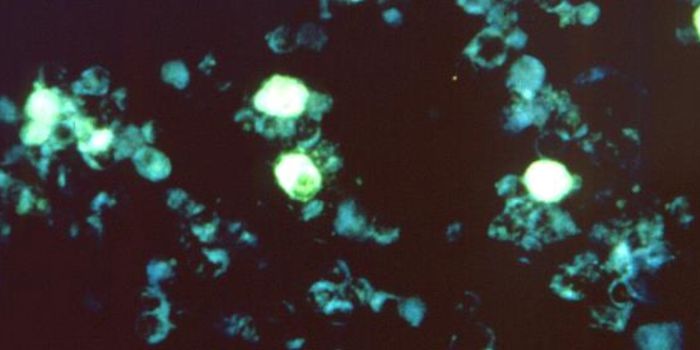Striking Similarities Between Aging & Schizophrenia are Revealed
Scientists have revealed surprising parallels between aging and schizophrenia. There seem to be similar patterns of gene activity in the brains of people who are aging, and in those with schizophrenia. The same mechanisms may underlie the cognitive disruptions seen in older adults and people with schizophrenia. The findings have been reported in Nature.
In this work, the researchers analyzed gene expression at the single-cell level in post-mortem brain samples from 94 people with schizophrenia and 97 unaffected individuals. This gene activity was altered in two types of cells found in the brain, both neurons and astrocytes. In all, 1.2 million cells from were analyzed. This showed that in neurons, expression changed in genes that are associated with portions of synapses, the space where neurons meet and communicate; and in astrocytes, in genes that are related to synaptic function.
This synchronized set of genetic changes was called 'synaptic neuron and astrocyte program' (SNAP) by the investigators. SNAP gene activity was found to always increase or decrease in a coordinated way in both neurons and astrocytes.
"Science often focuses on what genes each cell type expresses on its own," said co-senior study author Professor Steve McCarroll, a member of the Broad Institute of MIT and Harvard, among other appointments. "But brain tissue from many people, and machine-learning analyses of those data, helped us recognize a larger system. These cell types are not acting as independent entities, but have really close coordination. The strength of those relationships took our breath away."
While many people may associate schizophrenia with symptoms like delusions, it can also cause cognitive decline that can be severe. There are no treatments for this cognition problem, which is also observed in the elderly. Previous work has suggested that genes that influence schizophrenia are also related to synaptic function.
SNAP was also found to vary significantly even among individuals without schizophrenia, so SNAP may also be related to differences in cognition in healthy people. The activity of SNAP genes also decreased as people aged, regardless of whether or not they had schizophrenia.
The researchers noted that learning more about SNAP genes may also help scientists create better therapeutics for cognitive decline in the aging, or the symptoms of schizophrenia.
The investigators now want to know if similar genetic changes are at work in other conditions, such as depression or bipolar disorder, and how SNAP may be related to synaptic plasticity.
Sources: Broad Institute of MIT and Harvard, Nature









